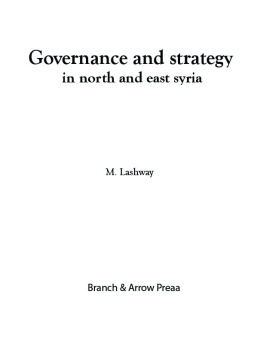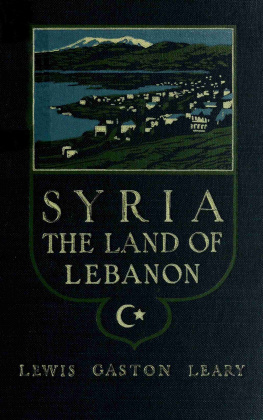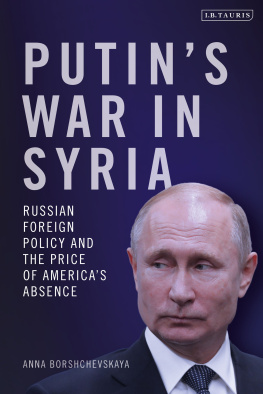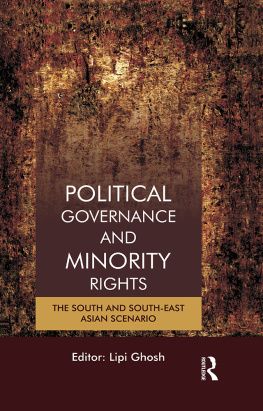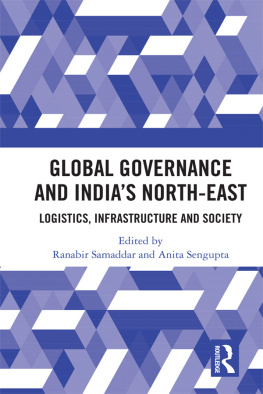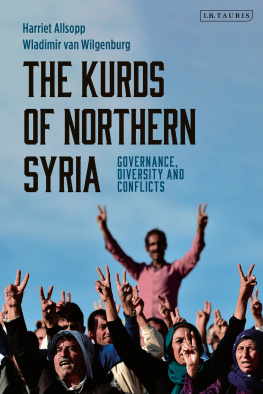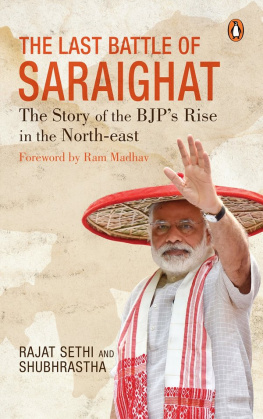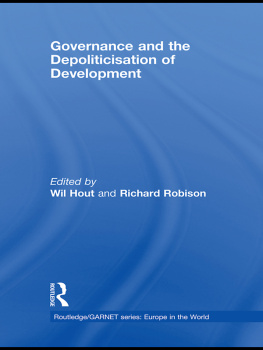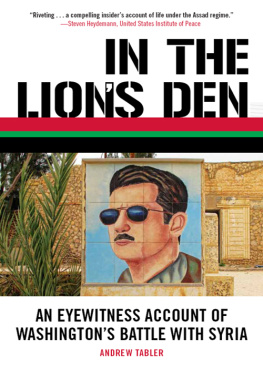About Freedom Research Foundation
Freedom Research Foundation (FRF) was started in 1984 by Dr. Jack Wheeler, the architect of the Reagan Doctrine, to further the cause of freedom around the world. Our projects, build upon decades of personal, on-the-ground experience in every country in the world, and use peaceful, practical action to fight injustice and create freedom for all.
Freedom Research Foundation is a bipartisan, 501c3 nonprofit, headquartered in Washington, DC. The foundation educates policymakers across the globe in an attempt to further American principles and freedom. FRF has been working in Iraq and Syria since 2006 assisting, building, and advising local governance programs in the Nineveh Governorate of Iraq, and the autonomous regions of North and East Syria.
Cover photo: Syrian road cuts through farmland near Turkish border wall, al-Hasakah Governorate, Syria; Photo by: M. Lashway
2021 by Branch and Arrow Press. All rights reserved.
ISBN 978-0-578-91772-6
Freedom Research Foundation
1440 G Street, NW
Washington, D.C. 20005
Te l: +1 (202) 350-1445
Web: https://freedomresearchfoundation.org/
Contents
Abbreviations / Definitions
AANES - Autonomous Administration of North and East Syria
CIA- Central Intelligence Agency
CMO - Civil-Military Operations - US military group that specializes in bridging the relationship between civil society/governance and the US Military.
DCSW - Democratic Confederal System of Women - System designed by AANES and women's organizations to elevate the position of women in society. DCSW ensures equal opportunity for women in society and the economy.
DOS - Department of State
FDI - Foreign Direct Investment
FTO - Foreign Terrorist Organization
HPC - Hezen Parastina Civake/Community Protection-Defense forces
HTS - Hayat Tahrir Al-Sham
IDP - Internally Displaced People
ISIL - The Islamic State of Syria and the and the Levant
KRG/KRI - Kurdistan Regional Government/Kurdish Region of Iraq
SAA - Syrian Arab Army
SDC - Syrian Democratic Council - An umbrella organization for all political parties in the whole of Syria, not a system of governance.
SDF - Syrian Democratic Forces - Multi-ethnic, multi-religious defense forces of the AANES that have partnered with CJTF-OIR (Combined Joint Task Force - Operation Inherent Resolve).
SOTF-S - Special Operations Task Force - Syria
UN - United Nations
YAT/HAT/Commandos - Military Anti-terrorism units, commandos are hand-selected to partner directly with US forces during raid operations/ HAT are Police anti-terrorism units.
YPG - People's Protection Units
YPJ - Womens Protection Units
Executive Summary
This report offers an analysis of governance in North and East Syria. The purpose is to inform the development of a unified interagency strategy for American policy in Syria and the broader region. This strategy is important because Syria is, in many ways, a cornerstone for regional stability. Growing antagonisms and the reemergence of the Islamic State will demand a strong stance by the Biden administration. Lack of a cohesive and clearly defined strategy in the past has led to diminishing American influence and an increased role for Turkey, Iran, and Russia. As the Biden administration settles into office, it is more important than ever that foreign policy professionals take a step back and include all available data and information in their policy recommendations.
Freedom Research Foundation relies on extensive on-the-ground research to help educate policymakers across the globe. Our work in Syria over the past 14 years has helped form the foundations of relationships that have given us access to every level of the Autonomous Administration of North and East Syria (AANES). This report is a product of a three-month study into how the AANES provides goods and services to its people. The focus of this report is the outputs of governance (electricity, water, health care, etc.) rather than the bureaucratic infrastructure that defines some systems of governance. Focusing on these factors makes it possible to fairly judge a fledgling government on how it can provide for its people rather than how robust its institutions are.
The study presented here entailed the execution of surveys across three of the six available regions within AANES (a seventh region is currently occupied by Turkey). These regions were chosen because their geography, demographics, and incorporations varied significantly. The study also included interviews at every level of the AANES government as well as multiple offices and commissions under the regional executive branches. The subject matter and frequency of the questions were repeated across interviews to collect comparative data that could be cross-checked and analyzed with some confidence. The research also included key informant interviews, as well as the collection of documents and secondary data.
The main findings of the paper are as follows
There is strong evidence that sub-national governance in North and East Syria may be much stronger than the current Washington understanding. Although the AANES is a new government, the level of outputs i.e. clean water, electricity, food, human rights, and equality, has far exceeded most governments emerging from civil conflicts or external threats. In contrast, many societies tend to withhold government services from different sects, and religions- creating divisions along traditional party and ethnic lines when faced with similar threats. The ability of the AANES to address security vacuums while providing representative governance, reactive to the needs of its people, shows just how well their confederal system is working. This research aimed to uncover evidence of the interaction between the decentralized, bottom-up government and equality differences based on ethnolinguistic and religious identity. These were not significant determinants of access to goods and services or governance quality. Rather, it was the mix of each of the various ethnic, religious, and linguistic groups (what the people of North and East Syria refer to as components) within the leadership at every level of government we interviewed that has created the unique ability of this administration to act as a legitimate form of governance. The data from each of the regions interviewed shows that these areas abide by the same social contract and go out of their way to ensure fair treatment of all people.
This study revealed important constraints on information flow, which can be expected to exert a major influence on the quality of governance and service delivery. Citizens in each of the regions interviewed varied on the terminology and conception of government institutions. Without a centralized structure, decentralized civil administrations tend to diverge in interpretation as they focus on providing services to their constituents rather than delivering a concise, unified message of who they are. Additionally, the lack of a coordinated effort at collection and dissemination of information further disconnects each of the regions. This creates uncertainty and a lack of transparency in how each region is governing and spending collective funds for both the domestic populations and international actors attempting to work with them. This lack of transparency also raises the potential for regional instability within AANES as outside actors actively work to undermine its legitimacy. In Kobani, moreover, there is credible survey evidence linking citizen information access to the lower levels of collective identity. The geographical location and cultural history of Kobani reinforce a separate identity from the rest of the AANES. This information flow will remain a key issue in future congruence.


